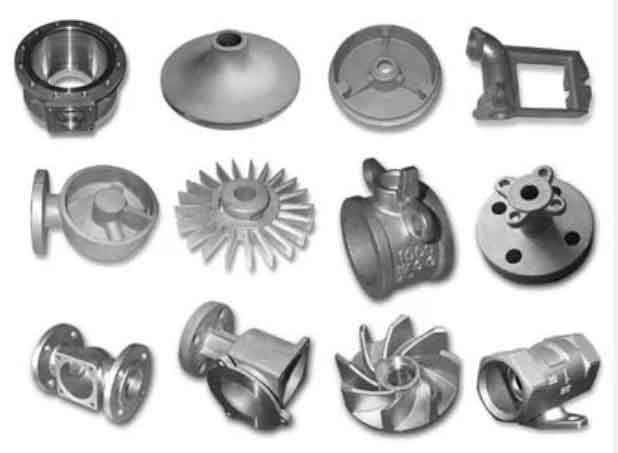Ductile iron casting is widely used in infrastructure projects due to its exceptional durability and resilience. It is a type of cast iron that undergoes a specialized treatment process known as “nodularization” or “spheroidization,” which imparts ductility and toughness to the material. This treatment results in the formation of graphite nodules within the iron matrix, giving it superior mechanical properties compared to traditional cast iron.

Here are some ways in which ductile iron casting enhances durability and resilience in infrastructure projects:
- Strength and Impact Resistance: Ductile iron has high tensile strength, allowing it to withstand heavy loads and resist deformation. This property makes it ideal for applications where impact resistance is crucial, such as bridge components, pipe fittings, and manhole covers.
- Fatigue Resistance: Infrastructure components are subjected to cyclic loading, which can lead to fatigue failure over time. Ductile iron exhibits excellent fatigue resistance due to its ability to dissipate stress and absorb energy. It can withstand repeated loading cycles without significant degradation, making it suitable for critical structures like railway track components and water pipelines.
- Corrosion Resistance: Infrastructure projects often involve exposure to various environmental conditions, including moisture, chemicals, and soil corrosion. Ductile iron is highly resistant to corrosion, making it suitable for applications in water and sewage systems, where the material comes into contact with corrosive substances.
- Thermal Stability: Ductile iron retains its mechanical properties over a wide range of temperatures, making it suitable for applications in extreme environments. It can handle both high and low temperatures without significant loss of strength or ductility, making it suitable for components used in power plants, industrial facilities, and underground installations.
- Machinability and Versatility: Ductile iron is a versatile material that can be cast into complex shapes and machined easily. This allows for the production of intricate infrastructure components with precise dimensions and tight tolerances. The versatility of ductile iron enables it to be used in a wide range of applications, including pump housings, valve bodies, and structural supports.
- Longevity: Infrastructure projects require long-lasting materials to ensure their longevity. Ductile iron has a proven track record of durability and has been used in infrastructure projects for decades. It provides extended service life, reducing maintenance and replacement costs over time.
- Cost-Effectiveness: Despite its superior properties, ductile iron casting is a cost-effective option for infrastructure projects. The material is widely available and relatively affordable compared to alternatives like steel. Its long service life, reduced maintenance needs, and excellent performance make it a cost-effective choice in the long run.
Ductile iron casting plays a crucial role in enhancing the durability and resilience of infrastructure projects. Its combination of strength, impact resistance, corrosion resistance, thermal stability, and machinability makes it a reliable choice for various applications, ensuring the longevity and performance of critical infrastructure systems.
